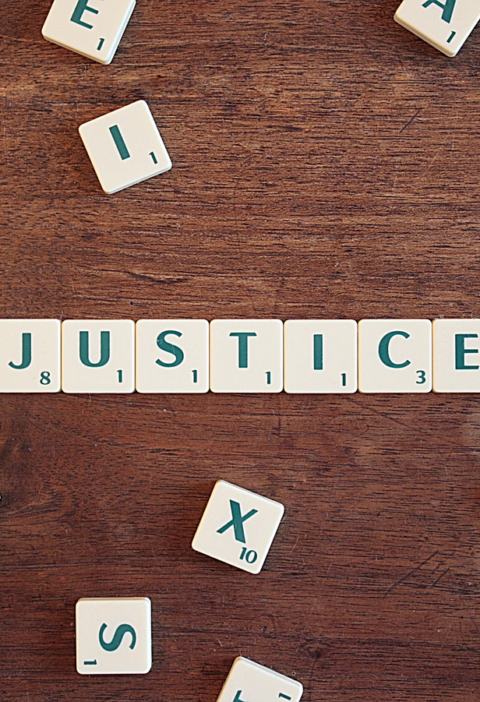Few things are as emotionally taxing and complicated as the end of a marriage. Unfortunately, for many couples, divorce becomes an inevitable reality. However, what many may not realize is that there is an alternative to traditional divorce known as the process of dissolution of marriage.
While both result in the legal end of a marriage, these two methods differ in their approach and potential outcomes. In this post, we will explore the nuances and differences between dissolution of marriage vs divorce, highlighting the pros and cons of each. Read on.
Dissolution of Marriage: A Collaborative Unraveling
Dissolution of marriage represents a non-adversarial approach to ending a marriage. It is also known as ‘no-fault divorce.’ It is based on the premise that the marriage has irretrievably broken down.
This is usually due to the mutual agreement of the spouses. Dissolution typically includes the same legal steps as divorce but can be a smoother process when both parties are in close agreement on matters such as:
- property division
- child custody
- child support
- alimony
In a dissolution, the need for a court to make decisions is minimized. This is because spouses work with their respective legal representatives to come to a mutually beneficial settlement. The process focuses on collaborative decision-making, and both parties may be more satisfied with the outcomes, leading to a less acrimonious separation.
Divorce: When Disagreements Lead to Legal Action
Conversely, divorce often involves more contention and is necessary when one or both spouses are unable to agree on key issues. In such instances, the court intervenes to make decisions on behalf of the parties. This process can be protracted and emotionally draining.
This is especially true when it involves issues like child custody or significant financial assets. The structure of a divorce involves formal legal proceedings through which a judge oversees and ultimately finalizes the dissolution. These include petitions and court dates.
This more adversarial approach to marital separation can sometimes leave one or both parties feeling dissatisfied. Especially with the outcome and may strain relations further. This may also be hard to get a marital settlement agreement.
Selecting the Right Path
The choice between dissolution and divorce is highly personal. It often depends on the unique circumstances of the individuals involved. When dissolution is viable, it can save time and emotional distress.
However, for those who must undergo a more formal process, a divorce may be the only path to a fair resolution and a fresh start. Deciding on the correct legal approach involves considering:
- the complexity of your shared assets
- the presence of children
- the willingness of both parties to cooperate
- Any areas of significant disagreement
Consulting with legal counsel is always advisable. This is to ensure you are walking the legal path that’s best for your situation. Check out https://murphy-law-group.com/practice-areas/dissolution-of-marriage/ to learn more about uncontested divorce and marital settlement agreements.
Know the Difference Between Dissolution of Marriage vs Divorce
In conclusion, while the process of dissolution of marriage vs divorce may seem similar, there are important distinctions that must be understood. Whether you are considering dissolving your marriage or going through a divorce, it is crucial to seek legal advice to ensure your rights and property are protected.
Don’t hesitate to reach out to a qualified attorney for guidance. Your future could depend on it.
If you want to read more articles, visit our blog.







